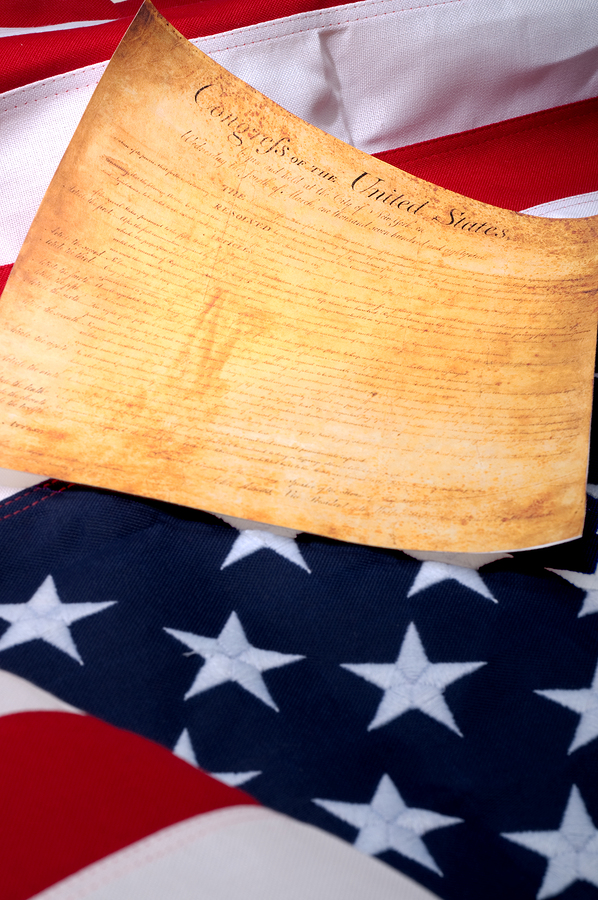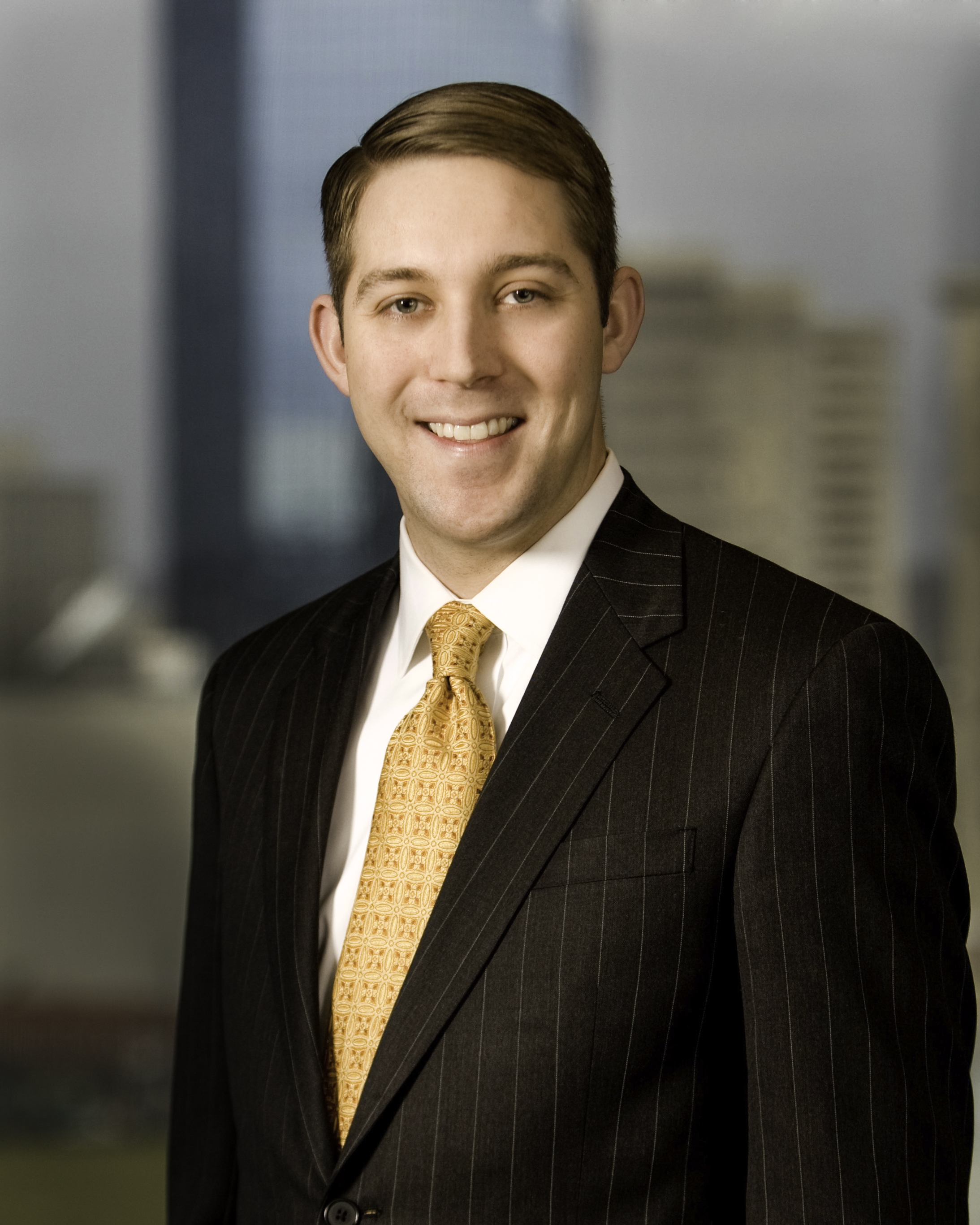Contact Us
Categories
- FTC
- Emotional Support Animals
- Service Animals
- Employee Agreement
- Remote Work
- Federal Trade Commission
- LGBTQ
- Minors
- United States Department of Justice ("DOJ")
- Arbitration
- Work from Home
- Workplace health
- Intellectual Property
- Trade Secrets
- Corporate
- Center for Disease Control
- Americans with Disabilities Act ("ADA")
- FFCRA
- Opioid Epidemic
- Occupational Safety and Health Administration (“OSHA”)
- COVID-19
- Families First Coronavirus Response Act
- H.R.6201
- Health Care Law
- IRS
- Paid Sick Leave
- Temporary Leave
- Treasury
- Coronavirus
- Worker Misclassification
- Labor Law
- Overtime
- Kentucky Unemployment Insurance Commission
- Sexual Harassment
- FMLA Retaliation
- Overtime Rule
- Employer Wellness Programs
- Genetic Information Nondiscrimination Act ("GINA")
- Kentucky minimum wage
- Minimum wage
- Wage and Hour
- Employee Benefits
- Employment Discrimination Laws
- Employment Non-Discrimination Act ("ENDA")
- ERISA
- Human Resource Department
- Independent Contractors
- Kentucky Civil Rights Act (“KCRA”)
- OSHA
- Overtime Pay
- Paid Time Off ("PTO")
- Sick Employees
- ADA Amendments Act of 2008 (“ADAAA”)
- Adverse Employment Action
- Americans with Disabilities Act
- Bring Your Own Device
- BYOD
- Civil Rights
- Compliance
- Department of Labor ("DOL")
- EEOC
- Employee Handbook
- Employee Misconduct
- Employment Law
- Fair Labor Standards Act (FLSA)
- Family and Medical Leave Act (“FMLA”)
- National Labor Relations Act (NLRA)
- National Labor Relations Board (NLRB)
- Pregnancy Discrimination Act
- Social Media
- Social Media Policies
- Title VII of the 1964 Civil Rights Act
- U.S. Department of Labor
- U.S. Equal Employment Opportunity Commission (“EEOC”)
- Uncategorized
- Union
- Volunteer
- Young v. UPS
- Amazon
- Department of Health and Human Services
- Federal contractors
- Kentucky Labor Cabinet’s Occupational Safety and Health Program (KOSH)
- Micro-unit
- Portal-to-Portal Act of 1947
- Security Checks
- Security Screening
- Specialty Healthcare & Rehabilitation Center of Mobile
- U.S. Supreme Court
- Cloud
- Creech v. Brown
- EEOC v. Hill Country Farms
- Equal Employment Opportunity Commission v. Kaplan Higher Education Corp.
- Lane v. Franks
- Mine Safety and Health Administration ("MSHA")
- Non-exempt employees
- Northwestern
- Shazor v. Prof’l Transit Mgmt.
- Web Content Accessibility Guidelines
- Whistleblower
- "Ban-the-box"
- 2013)
- At-will employment
- Berrier v. Bizer
- Bullying
- Chapter 11 Bankruptcy
- Chenzira v. Cincinnati Children’s Hospital Medical Center
- Citizens United v. Federal Election Commission
- Companionship services
- Compensatory time off
- Conestoga Woods Specialties v. Sebelius
- Consumer Credit Protection Act (“CCPA”)
- Crystalline Silica
- Davis-Bacon and Related Acts
- Drug-Free Workplaces
- Earnings
- EEOC v. Fabricut
- EEOC v. The Founders Pavilion
- Ehling v. Monmouth-Ocean Hospital Service Corp.
- Federal Stored Communications Act (“SCA”)
- Giant Food LLC
- Government employees
- Government shutdown
- Home Health Care Workers
- Illness and Injury Reports
- Job applications
- Jury duty
- Kentucky Department of Workers’ Claims
- Kentucky Wage and Hour Act
- KYSHRM 2013
- Mandatory vaccination policies
- Maternity Leave
- McNamara O’Hara Service Contract Act
- Medical Exams
- NFL Bullying Scandal
- Payroll
- Permissible Exposure Level ("PEL")
- Private employers
- Sebelius v. Hobby Lobby Stores
- Senate Bill 157
- SHRM
- Small Business Administration (SBA)
- Violence
- Wage garnishment
- WorkSmart Kentucky
- COBRA
- Contraceptive Mandate
- Defamation
- Defense of Marriage Act (“DOMA”)
- Employee Forms
- Employee Hazards
- Employee of the Month Programs
- Employee photographs
- Employee Training
- Employer Group Health Plans
- Employer Mandate
- Employment Practices Liability Insurance
- Endorsements
- Federal Workplace Agencies
- FICA
- Form I-9
- Freedom of Speech
- Gatto v. United Airlines and allied Aviation Services
- Health-Contingent Wellness Programs
- HIPAA
- House Labor and Industry Committee
- KRS 391.170
- Litigation
- Madry v. Gibraltar National Corporation
- Megivern v. Glacier Hills Incorporated
- Motivating Factor
- Obesity
- Online Account Protection
- Online Defamation
- Participatory Wellness Programs
- Patient Protection and Affordable Care Act
- Pennington v. Wagner’s Pharmacy
- Pension Plans
- Play or Pay
- Record Retention
- Reference checks
- Religious Employer
- Right to Work Bill
- Sequester
- Severance Pay
- Social Media Ownership
- Supervisor
- Supplemental Unemployment Compensation Benefits
- Tangible employment actions
- Tax Refund
- Telecommuting
- Title VII retaliation cases
- Troyer v. T.John.E Productions
- U.S. Citizenship and Immigration Services
- Unfair Labor Practice
- United States v. Quality Stores
- United States v. Windsor
- University of Texas Southwestern Medical Center v. Nassar
- Vance v. Ball State University
- Crisis Management
- Employee Arrests
- Job Description
- Job Requirement
- Kentucky’s Whistleblower Act
- Labor and Pensions ("HELP")
- Municipal Liability
- PhoneDog v. Kravitz
- Posting Requirements
- Public Sector Liability
- Social Networking Online Protection Act (SNOP)
- Social Privacy Laws
- Strategic Enforcement Plan (SEP)
- White v. Baptist Memorial Health Care Corp.
- Wilson v. City of Central City
- Workplace Politics
- Class Action Waivers
- Criminal Background Checks
- Employee Performance Reviews
- Employee Personnel Files
- Federal Arbitration Act (FAA)
- Federal Department of Labor
- Hiring and Firing
- Hosanna-Tabor Opinion
- Informal Discussion Letter (“EEOC Letter”)
- Kentucky Labor Cabinet
- National Labor Relations Act
- Retaliation by Association
- Salary Threshold
- Unemployment Benefits
- Workplace Discrimination, Harassment and Retaliation
- Business Insurance
- Communications Decency Act
- Employee Contracts
- Insurance Coverage
- Internet & Media Law
- Internet Defamation
- Non-Compete Agreement
- Uniformed Services Employment and Reemployment Rights Act
- USERRA
What You Didn’t Say Can Be Used Against You in a Court of Law: Perceived Speech is Not Protected Speech
What some might charitably consider a loophole in First Amendment protections of public employees received deferential treatment recently by the Third Circuit. In what seems like an upside-down scenario, the Third Circuit upheld the ability of a public employer to fire an employee for speech that he or she did not actually speak, while that employee likely would have had a claim against his or her employer had he or she actually engaged in the speech that didn’t take place. This confusing result is not the first of its kind, either, and public employees are now on uncertain ground as to whether what they don’t say can be used against them.
In Heffernan v. City of Paterson,[1] a police officer stopped by the campaign headquarters of the former chief of police to pick up a yard sign for his bedridden mother. Not only was the sign not for himself, but he did not even live in the jurisdiction of the election. Nevertheless, a fellow officer spotted him leaving the headquarters with sign in tow and reported the officer’s “overt involvement” with the campaign to unseat the current mayor. He sued the city under a § 1983 action,[2] claiming the firing was a violation of his First Amendment rights of free speech and freedom of association. Both the District Court and the Third Circuit Court of Appeals denied his claim.
The Third Circuit’s reasoning is that the First Amendment only protects the actual speech and actions of an individual. An adverse employment action based only on the perception of the employee’s speech does not violate the employee’s civil rights, as the employee did not actually engage in protected activity. This case follows prior Third Circuit jurisprudence on the subject, but the result could be described as bizarre – the Court upholds the ability of the governmental bad actor as long as the assumptions on which the action was taken were wrong. Mere perception from an outside party that the activity took place is not enough to trigger a violation of a public employee’s civil liberties. The Ninth Circuit, Seventh Circuit and Fifth Circuit have all had similar holdings.
The First, Sixth (which includes Kentucky) and Tenth Circuits have all reached the opposite conclusion, however, setting up a circuit split. In the case of Dye v Office of the Racing Commission,[3] a group of employees filed a retaliation suit against their former employer who fired them over the misperception that they were of an opposing political bent and supported the employer’s opponent. The Sixth Circuit there accepted the retaliation claim, saying, “An employer that acts upon such assumptions regarding the affiliation of her employees should not escape liability because her assumptions happened to be faulty.”[4]
The Supreme Court has yet to give the final word on the matter, so public employers and public employees should both tread cautiously in the areas of political speech and affiliation. Perceived speech is currently protected activity in some jurisdictions, clearly not protected activity in others and still others have yet to definitively settle the issue. If you are a public employer with questions about how your policies might affect the protected activities of your employees, contact the attorneys of McBrayer PLLC.
 Preston Clark Worley is an associate with McBrayer law. Mr. Worley concentrates his practice in employment law, land development, telecommunications, real estate and affordable housing. He is located in the firm’s Lexington office and can be reached at pworley@mcbrayerfirm.com or at (859) 231-8780, ext. 1201.
Preston Clark Worley is an associate with McBrayer law. Mr. Worley concentrates his practice in employment law, land development, telecommunications, real estate and affordable housing. He is located in the firm’s Lexington office and can be reached at pworley@mcbrayerfirm.com or at (859) 231-8780, ext. 1201.
Services may be performed by others.
This article does not constitute legal advice.
[1] Heffernan v. City of Paterson, 39 IER Cases 1105, 2015 BL 14920 (3d Cir. 2015).
[2] Civil Rights Act of 1871 (42 U.S.C. § 1983)
[3] Dye v Office of the Racing Commission, 702 F3d 286, 300–01 (6th Cir 2012)
[4] Id. at 11

